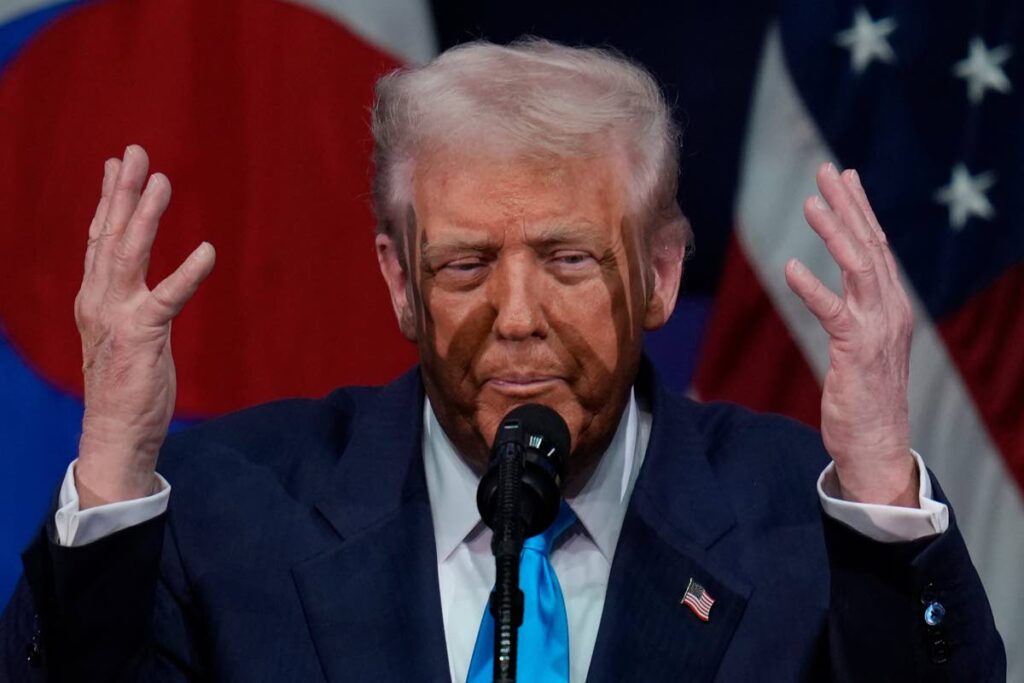The deployment of US warships in Caribbean waters, including one docked at the Port of Spain, has ignited a heated debate over regional security and the fight against the drug trade. While the US frames its actions as necessary to protect its citizens and the wider region from the scourge of narcotics, local voices have raised concerns about the implications of such military presence. The Antilles Episcopal Conference has issued a strongly worded letter condemning these actions and advocating for peace, questioning the long-term consequences of militarized interventions. In a region historically plagued by gang violence and the devastating effects of the drug trade, the arrival of US forces has been met with mixed reactions. Some view it as a decisive step toward curbing the narcotics epidemic, while others fear it undermines the Caribbean’s identity as a ‘zone of peace.’ The USS Gravely’s presence, however, sends a clear message to narco-terrorists that the region is no longer undefended. This development comes amid a broader call for unity and action against the drug trade, which has long ravaged communities and corrupted institutions. The Vatican has consistently condemned drug-related activities, with Pope Francis emphasizing that addiction is an evil that demands unyielding resistance. Yet, the Caribbean’s struggle against the narcotics economy remains fraught with challenges, including complicity and inaction. As the region grapples with these issues, the question remains: Can decisive action, even if led by external forces, bring about the peace and justice that decades of prayer and advocacy have sought?
